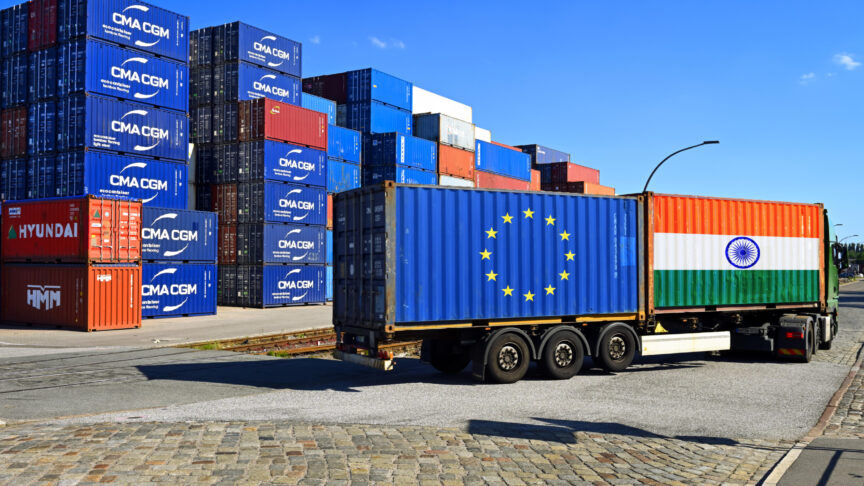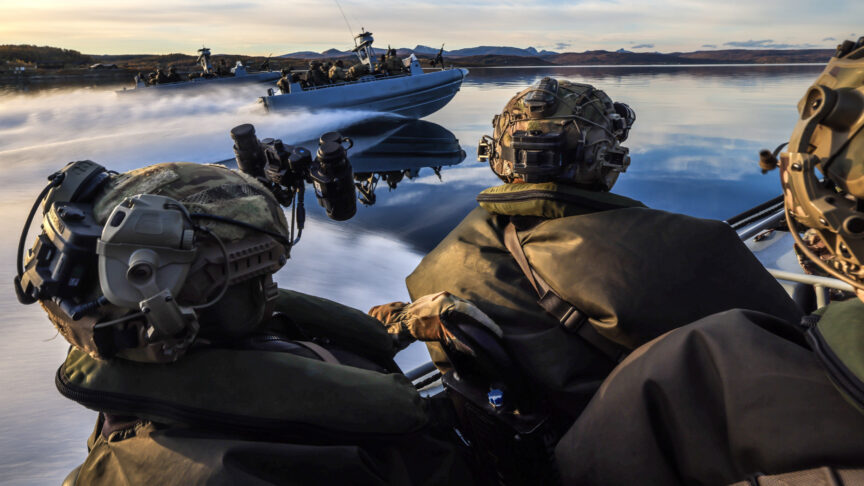More union in European defence
In a world of unprecedented change, Europeans need a global plan if they are to ensure their children’s security and prosperity.
One of my favourite quotations is from French General Ferdinand Foch. In the desperate opening months of the First World War, as his forces struggled to block the road to Paris, he signalled to his commander: “My centre is giving way, my right is retreating, situation excellent, I am attacking.”
Subtract the heroism, and something of the same spirit informs the publication of a new report last week entitled “More Union in European Defence”. The Great Recession, and the dismal results of the interventions in Iraq and Afghanistan, have left Europeans disinclined to more foreign adventures – whilst Russian aggression has put the focus back on NATO and homeland defence. No wonder the EU’s own efforts to bolster European defence cooperation around the mission of crisis management in places like Africa are in eclipse.
This looks to be a great moment for governments across Europe to honour their defence pledges – to do more, and to do more together.
Yet, like Foch, the task force behind this report (chaired by Javier Solana, and including such luminaries as Jaap de Hoop Scheffer, Francois Heisbourg and, ahem, myself) reads the current situation as encouraging, indeed demanding, of a new attack. With the neighborhood in flames and a new leadership just installed in Brussels, they may have a point. Certainly, this looks to be a great moment for governments across Europe to honour their defence pledges – to do more, and to do more together.
Many of the things that need doing are wearily familiar; the report recaps them, and adds more. Its recommendations cover the spectrum of military capabilities, the defence industrial infrastructure, finance and institutions, processes (including an idea long close to my heart, that of a ‘European semester’ on defence – i.e. regular mutual briefings on national defence budget and spending plans, so that opportunities for cooperation can be spotted in advance), and proposals for a ‘strategic upgrade’. This last is fundamental: as Federica Mogherini (the woman now doing Solana’s old job as EU foreign policy chief) has emphasised, in a world of unprecedented change, Europeans need a global plan if they are to ensure their children’s security and prosperity. The complacent assumption that the world owes us a living is now downright dangerous – and defence is one of the prime areas where greater seriousness, and greater unity, are now essential.
To paraphrase Foch, and to borrow one of the report’s key themes: “If not now, when?”.
The European Council on Foreign Relations does not take collective positions. ECFR publications only represent the views of their individual authors.


